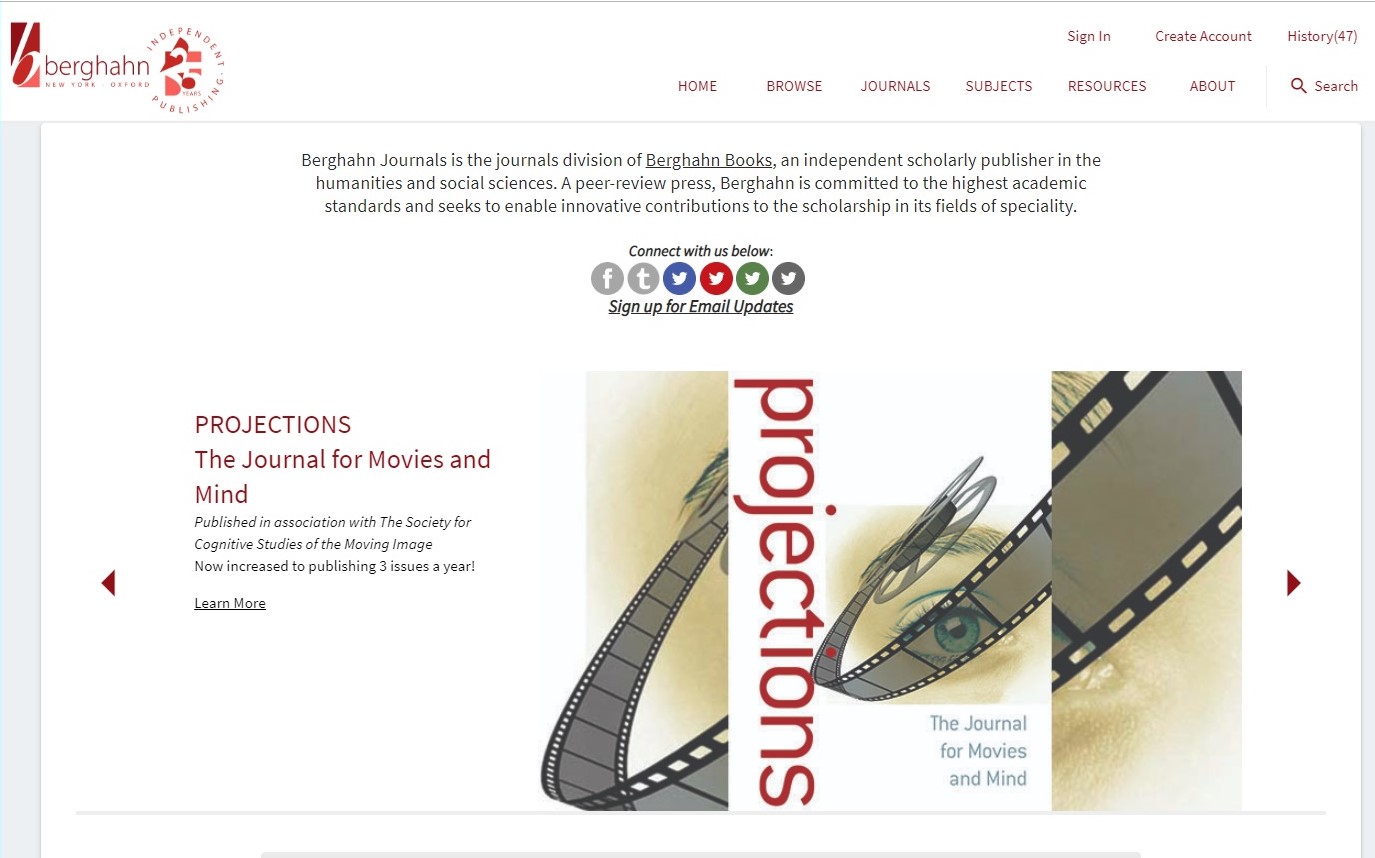Tag: Announcement
Berghahn Books and the German Historical Institute Washington Announce New Open Access Agreement

April 26, 2023, Brooklyn, New York, and Washington, D.C.—The German Historical Institute Washington (GHI) and Berghahn Books are pleased to announce that we have reached an agreement to transition the Studies in German History series to Open Access.
Continue reading “Berghahn Books and the German Historical Institute Washington Announce New Open Access Agreement”Reading Against Racism: a Berghahn Collection

ANNOUNCING:
Reading Against Racism
a Berghahn Collection
Following an initial proposal for lasting solidarity in June of 2020, Berghahn Books committed to joining the global academic community and our publishing peers in challenging racism. Since then, we have fostered company-wide conversations on how best to contribute in perpetuity to that cause from the vantage point of our publishing program.
Through establishing a new collection titled Reading Against Racism: A Berghahn Collection, we have committed to increasing the visibility of and access to materials which contribute to ongoing conversations surrounding race and racism.
Here, a growing collection –– international in scope –– hosts contributions from our global community and is freely available as part of an expanded Digital Resources section to help further activity in vital areas of scholarship.
As we settle into a new academic year, we encourage you to use this as a teaching and learning resource, in or outside the classroom, or as a tool to continue your independent education.
Teachers, consider sharing this with your students. Students, consider this for your academic research. Individuals, consider adding this to your reading list or book club.
To coincide with the release of Reading Against Racism, our newest Salon B podcast episode features four interviews with writers included in the collection. This podcast episode thus serves as a friendly, informal introduction to the collection itself and a few of the individuals whose scholarly work has made this effort possible. Listen via the link below.
Reading Against Racism includes chapters and articles from the following works published by Berghahn Books and Berghahn Journals.
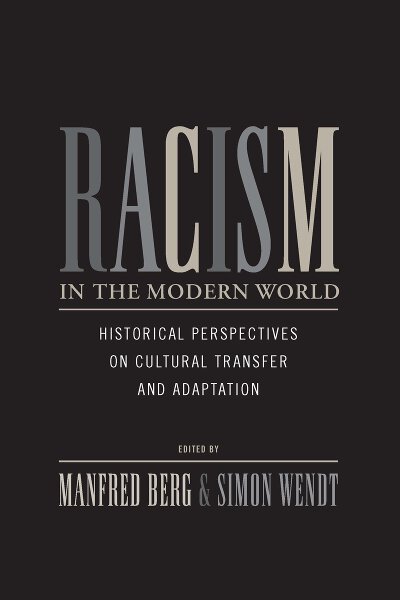
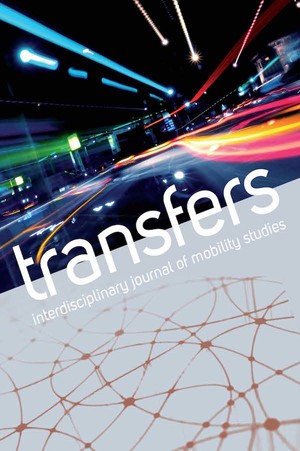
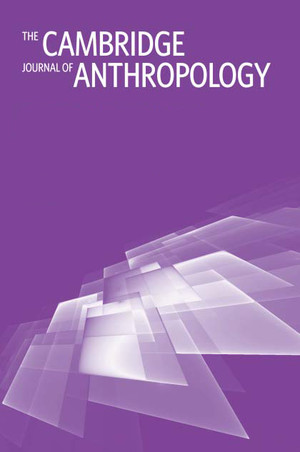
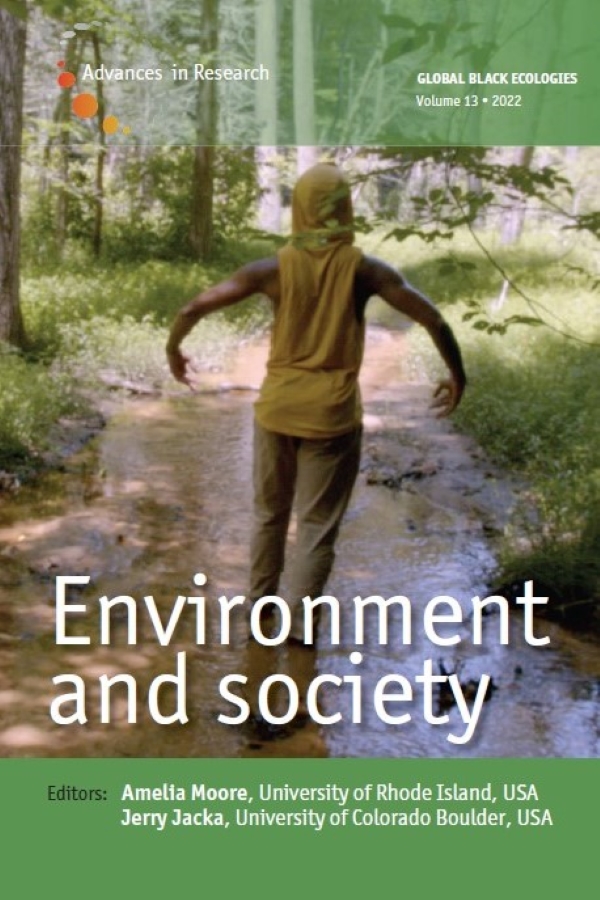
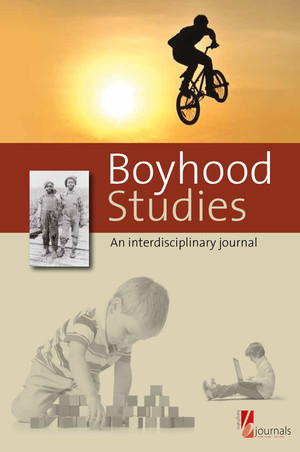
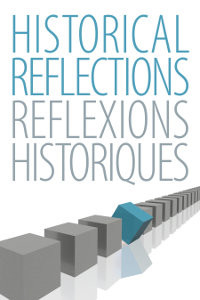

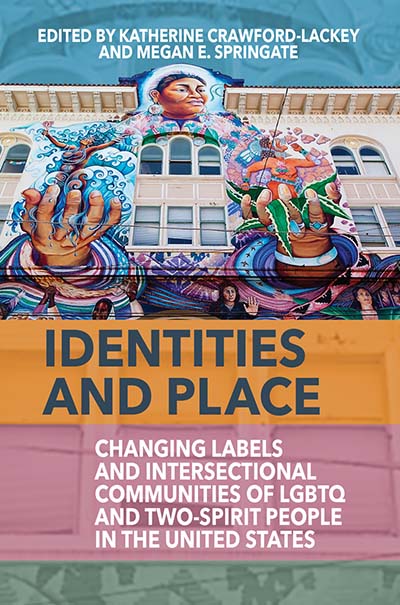
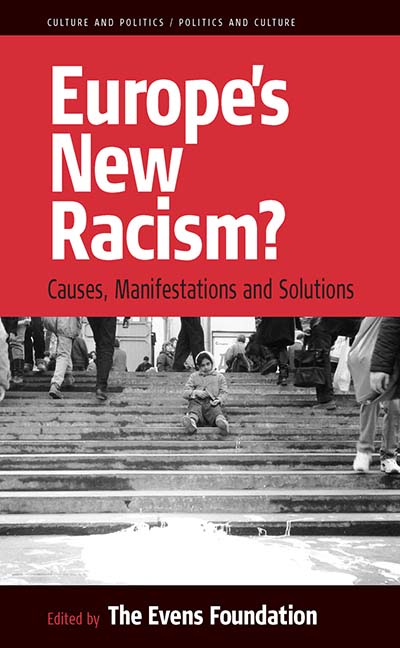
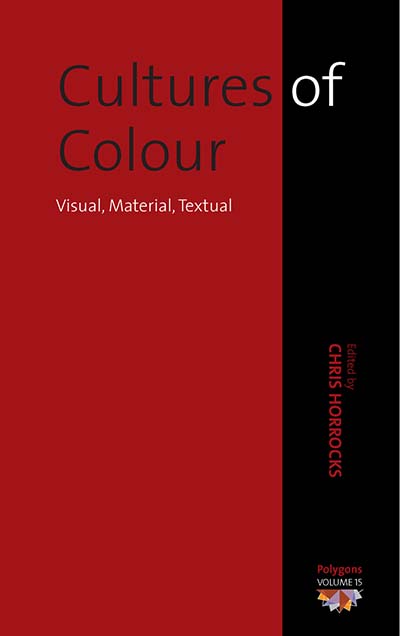

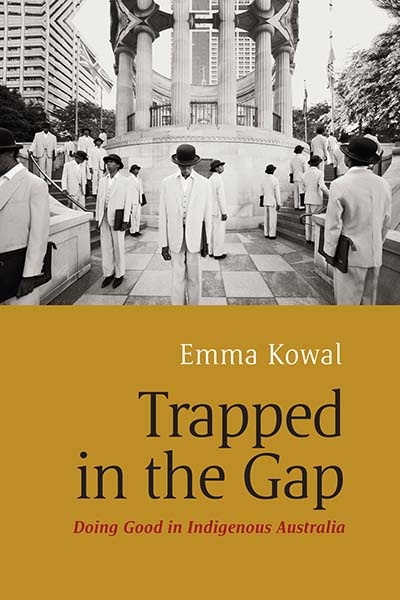
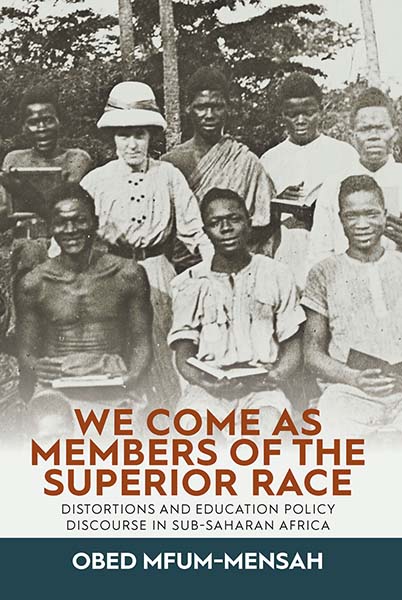

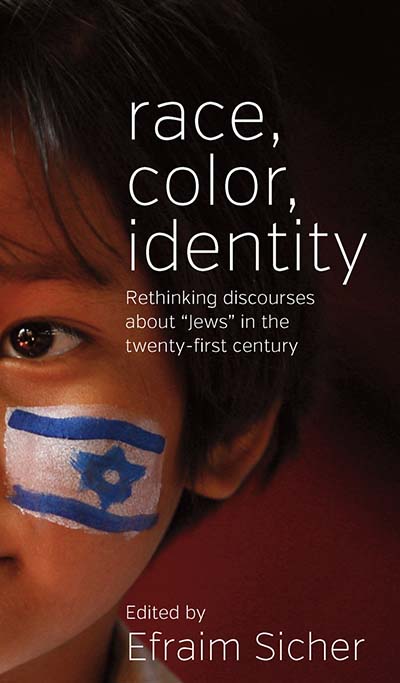
Announcing the Redesign of the Berghahn Journals Platform!
We are pleased to announce that Berghahn Journals has launched a streamlined redesign of our online journals platform. The new site features a cleaner, clearer layout designed to guide readers to articles and keep the emphasis on the high-quality content published by our journals. In addition, Librarians and Authors will now be able to easily find answers to any questions they may have in the updated Resources section.
Continue reading “Announcing the Redesign of the Berghahn Journals Platform!”
Anthropology in Action is now Open Access
 We are delighted to announce that Anthropology in Action (AiA) will be published as an open access journal as of 2018. Thanks to the generous support that we have received from a global network of libraries as part of the Knowledge Unlatched Select programme, there are no submission charges or article-processing charges (APCs) for authors of articles published under this arrangement. The initial funding is for three years (2018–2020), and during this time we will also make the backfiles of the journal freely available. This is an exciting moment not just for the journal but for its authors, as it offers them a great opportunity to further enhance the reach of their articles. We greatly appreciate the support of Knowledge Unlatched and its Title Selection Committee in choosing AiA and would like to express our thanks to the supporting institutions whose collective resources have removed the financial burden of open access from the journal’s authors.
We are delighted to announce that Anthropology in Action (AiA) will be published as an open access journal as of 2018. Thanks to the generous support that we have received from a global network of libraries as part of the Knowledge Unlatched Select programme, there are no submission charges or article-processing charges (APCs) for authors of articles published under this arrangement. The initial funding is for three years (2018–2020), and during this time we will also make the backfiles of the journal freely available. This is an exciting moment not just for the journal but for its authors, as it offers them a great opportunity to further enhance the reach of their articles. We greatly appreciate the support of Knowledge Unlatched and its Title Selection Committee in choosing AiA and would like to express our thanks to the supporting institutions whose collective resources have removed the financial burden of open access from the journal’s authors.
There are many benefits to open access, especially for a journal like AiA, whose applied approach to anthropology finds resonance in many fields outside of anthropology, where access to anthropology resources may be limited. Yet, despite the proliferation of open access mandates for research, sustainable open access models remain a challenge and ultimately a barrier for many scholars. This is especially the case for many of our authors, for whom access to APC funds are limited, as is often the case for research funding in general across the social sciences and the humanities. Therefore, we are encouraged by the collaborative efforts driven by Knowledge Unlatched, which brings together libraries to pool their resources to fund the books and journals they feel merit their support. To be selected by a community of respected scholarly librarians is a testament to the mission of AiA, and we are very pleased about the benefit that this programme will bring to our authors.
We anticipate that the open access benefit of this programme will be very attractive to many authors, and the Editors encourage you to submit your contributions accordingly for publication consideration. However, while the move to open access changes the form of distribution of the articles published starting this year, there is no change to the submission process, which will continue to be handled through our traditional route as outlined on the ‘Info for Authors’ tab on the AiA website, where you can find guidelines and instructions. Articles must be just as relevant to our remit and scope as before, and will continue to undergo the same thorough peer-review process that has long been established for our selection process. No preferential treatment or scheduling will be given to anyone for whom open access is a condition.
We look forward to continuing to bring our readers articles that foster the broader application of anthropological approaches to practical problems, now with further opportunities for the interdisciplinary exchange of research within and outside of academia that AiA advocates thanks to open access.
Christine McCourt & Berghahn Books
April 2018
Introducing Ted Nannicelli as the New Editor of Projections: The Journal for Movies and Mind
Ted Nannicelli, Film and Television Studies, University of Queensland
The first thing I would like to do in my capacity as the new editor of Projections is to warmly thank the outgoing editor, Stephen Prince, for his outstanding stewardship of the journal over the past six years. Already a success when Stephen took over in 2012, Projections has only improved since then. It has been a great pleasure for me to work with Stephen as one of the associate editors over the past few years, and I am delighted that Stephen will remain involved with the journal in some capacity, since he has recently been elected the new president of the Society for Cognitive Studies of the Moving Image (SCSMI).
This is an opportune moment to note a few other recent changes. First, Projections is no longer associated with the Forum for Movies and Mind. As a result of this change, we have instituted a new editorial board, although some previous members will be continuing their service. I would like to extend my sincere thanks to all those associated with the Forum for Movies and Mind-in particular, Bruce Sklarew and others who conceived of and established Projections as an academic journal. I am also especially grateful to the outgoing members of the editorial board, whose service has established Projections as an academically rigorous, theoretically pluralistic journal.
Although Projections‘s only formal association now is with the SCSMI, our continued success is dependent upon our ability to maintain and expand a wide and diverse readership that significantly exceeds the SCSMI’s membership. I especially hope that those of you who began subscribing to Projections in conjunction with its affiliation with the Forum for Movies and Mind will continue to support us.
In addition, the two new associate editors, Tim Smith and Aaron Taylor, and I have our sights set on further expanding Projections‘s interdisciplinary scope and its readership. We have updated our statement of aims and scope accordingly, and we invite you to spread the word to others. We would be grateful if, even if you are already a regular individual subscriber, you could take a moment to complete the library recommendation form on our website so that Projections can also be available to students and colleagues at your institution.
In keeping with our commitment to interdisciplinary exchange, we are also introducing several new submission formats that are outlined in the “guidelines for submission” section on our website. Our aim is twofold: to make the minimal criteria for publication in Projections more explicit and to generate greater dialogue between researchers working in different scholarly traditions. We also hope that the new format options broaden the appeal of Projections as a destination for high-quality research among a broader and more diverse group of scholars.
I think that the collection of articles in the current issue* of Projections is indicative of the extent to which we have already successfully begun to publish excellent research from a variety of disciplinary perspectives-and it is also suggestive our future direction: it includes contributions by scholars based in English and comparative literature, film and media studies, psychology, and philosophy.
This issue begins with two articles that revisit Russian classical film theory in light of recent developments in neuroscience and psychology. First, Maria Belodubrovskaya explores the affinities between Sergei Eisenstein’s concept of “attractions” and the preconscious, automatic responses identified by contemporary neuroscience. Next, Sermin Ildirar and Louise Ewing present the results of their attempt to replicate the results of Lev Kuleshov’s famous editing experiments.
The following three articles investigate conceptual issues relating to film interpretation broadly construed to include narrative comprehension. Peter Alward offers a close analysis of Withnail and I (Bruce Robinson, 1987) in support of his argument for what philosophers of art call “the value-maximizing” account of art interpretation, which suggests that our higher-order interpretations ought to be partly guided by considerations of which interpretation(s) would make the artwork most artistically valuable. In contrast, Hannah Wojciehowski’s analysis of Arrival (Denis Villeneuve, 2016) focuses on a lower-order interpretive matter-namely, the viewer’s process of piecing together the narrative of a puzzle film. One implication of Wojciehowski’s article-that the filmmakers’ intentional jumbling of narrative pieces in a particular fashion affords them control over the viewer’s ability to arrive at a correct understanding of the story at the appropriate time-intriguingly chimes with Belodubrovskaya’s discussion of Eisenstein’s “cine-fist” in relation to contemporary action cinema. Wojciehowski’s analysis of Arrival also segues nicely into the concluding article, in which Veerle Ros and Miklós Kiss develop a new account, based on Torben Grodal’s PECMA (perception, emotion, cognition, motor action) flow model, of viewers’ engagement with narratively complex films.
Following Ros and Kiss’s article are several book reviews that we are publishing at once to hand over a clean slate to Aaron Taylor, our new associate editor in charge of book reviews. As with the articles, I am impressed by the diversity of perspectives represented in the books reviewed here, and I hope you will be, too.
*This issue will publish April 2018
Projections: The Journal for Movies and Mind is published
in association with The Society for Cognitive Studies of the Moving Image
Winner of the 2008 AAP/PSP Prose Award for Best New Journal in the Social Sciences & Humanities!
IMPORTANT: Print Books Distribution Announcement
As we look forward to a productive 2017, Berghahn Books Inc. is undertaking significant changes to its print books distribution management.
We are delighted to announce that as of March 1st 2017, responsibility for print distribution for the Americas, Australasia, China, Taiwan, and Japan will be taken over by the Academic Services Division of the Ingram Content Group, Inc.
Continue reading “IMPORTANT: Print Books Distribution Announcement”
The Retirement of Evelyn Friedlander and Ruth Fainlight
Berghahn Books Shortlisted for The British Book Industry Awards
 We are thrilled to announce that Berghahn Books has been shortlisted for The British Book Industry Awards. We are in excellent company for the Independent Academic, Educational and Professional Publisher of the Year Award alongside fellow nominees Bright Red Publishing, How2become, Jessica Kingsley Publishers, Policy Press, and Rowman & Littlefield International.
We are thrilled to announce that Berghahn Books has been shortlisted for The British Book Industry Awards. We are in excellent company for the Independent Academic, Educational and Professional Publisher of the Year Award alongside fellow nominees Bright Red Publishing, How2become, Jessica Kingsley Publishers, Policy Press, and Rowman & Littlefield International.
From The Bookseller’s website:
The British Book Industry Awards will celebrate the greatness of the British book trade and the people behind it – the best books, the best writers, the best bookshops, the best publishers – from industry greats to those starting out. Building on the success and legacy of The Bookseller Industry Awards (the trade “Nibbies”), 2016 will mark the first step, and a step-change, in the way the book trade presents itself to itself and to the wider world.
The winners will be announced 9th May 2016. Stay tuned!
Berghahn Books Shortlisted for the IPG Frankfurt Book Fair Academic & Professional Publisher of the Year Award
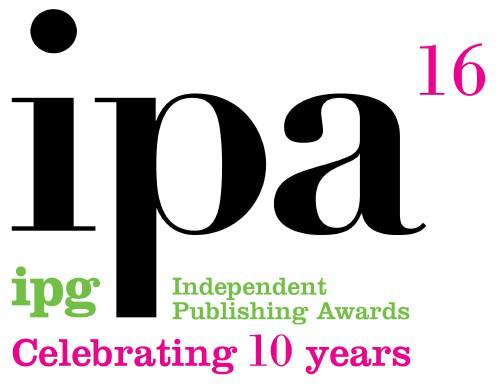
We are thrilled to announce that Berghahn Books has been shortlisted for the Frankfurt Book Fair Academic & Professional Publisher of the Year Award from the Independent Publishers’ Guild. We are in excellent company alongside fellow nominees Bloomsbury Publishing, Policy Press, and SAGE Publishing.
In shortlisting Berghahn Books, a first-time entrant, the judges remarked:
Berghahn Books is nominated for these Awards for the first time, some two decades after it was founded. Judges admired the way the business has been nurtured through growth, and saw evidence of rigorous, high quality content and commercial success in 2015. It worked hard on digital publishing and social media too. “Berghahn has been going for a long time now but it is constantly coming up with new ideas.”
According to the IPG, this year’s awards attracted a record number of submissions “reflecting the vibrancy and diversity of independent publishing in the UK. Judges, who compiled the shortlists over two intensive days of discussion, commented that the standard of entries was higher than ever before, and competition was extremely strong in many of the categories.“
IPG chief executive Bridget Shine said: “Competition for the IPG Independent Publishing Awards gets tougher every year—but the strength of this year’s nominations was remarkable. We congratulate all the IPG members who entered the Awards and thank our judges for the care they have taken over these shortlists. Every company and individual on these lists should feel very proud.”
UPDATE:
The awards were announced on 3 March 2016, and we offer a hearty congratulations to Policy Press for winning IPG Academic & Professional Publisher of the Year 2016! We’re thrilled to be shortlisted even if not to win.





